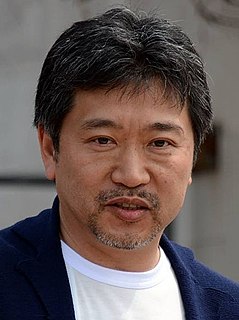A Quote by Albert Einstein
Science will stagnate if it is made to serve practical goals.
Related Quotes
The life and soul of science is its practical application, and just as the great advances in mathematics have been made through the desire of discovering the solution of problems which were of a highly practical kind in mathematical science, so in physical science many of the greatest advances that have been made from the beginning of the world to the present time have been made in the earnest desire to turn the knowledge of the properties of matter to some purpose useful to mankind.
The biggest considerations I had were practical: how do you move such a large number of actors around a small space? So, for example, if I have to have the mother bring a pot of tea from the kitchen to the living room and serve it to the others, how do I, on a practical level, get everyone into the frame? Any decisions I made about the camera angles or movement came out of necessity, versus any sort of stylistic choice.
Yes, yes, I see it all! — an enormous social activity, a mighty civilization, a profuseness of science, of art, of industry, of morality, and afterwords, when we have filled the world with industrial marvels, with great factories, with roads, museums and libraries, we shall fall exhausted at the foot of it all, and it will subsist — for whom? Was man made for science or was science made for man?


































